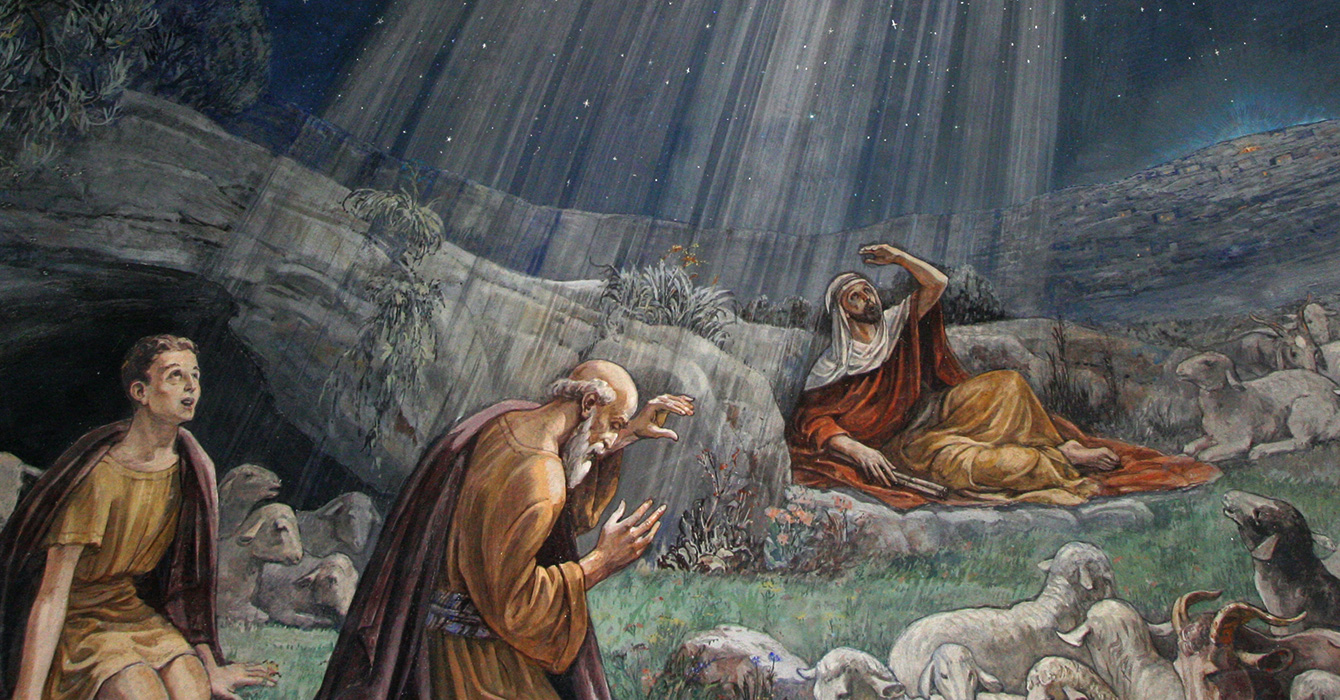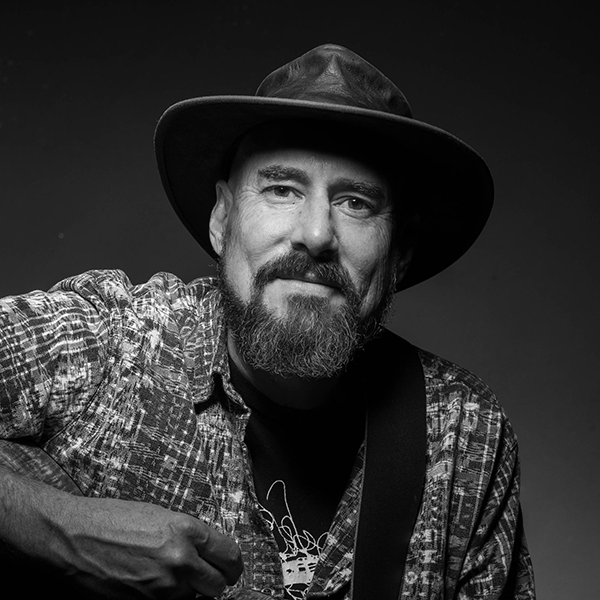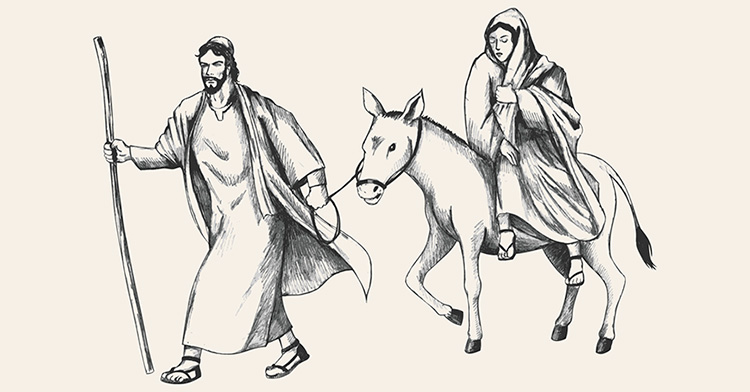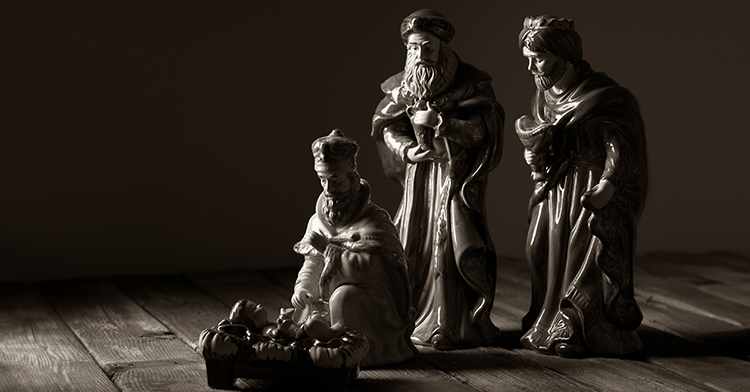My mom died in the early morning of Dec. 29, 2018. Her death was shockingly quick — a heart attack, failed CPR attempts, ambulance lights and a secluded emergency waiting room. There were no goodbyes, no final wishes, no moments for hand holding as she slipped away.
Six hours earlier, she had been joking, planning a New Year’s Eve party and kissing me good night. Then there was nothing. She was gone. My mom was 54 years old.
Four years later, I have graduated from seminary, completed ordination and become a full-time pastor. Every year, I lead congregants through the Advent season, and every year, I completely dread it. I love my congregation and the ways they have welcomed me into their lives despite my grief. But Advent always comes crashing down on me, and if I am not careful, I can allow my grief to convince me that I am disqualified from Advent altogether.
Since losing my mom, I have found myself terrified by the Christmas cheer that surrounds me. There is not a store, radio station or gathering where I can find refuge. This is true for anyone mourning a loved one and can be intensified if that loss occurred during the holiday season. Society does not allow much room for sadness at Christmas. When I have expressed my grief out loud, I have often been met with phrases intended to quickly sidestep my grief, the kind you’ve likely heard if you’ve ever found yourself in the front row at a funeral:
“It was all God’s plan.”
“God must have needed another angel.”
“He [God] always takes the best ones first.”
Or maybe it is something awkwardly personal — “God must have really needed a haircut!” My mom was a hairstylist.
For many people, including myself, grief can feel incredibly isolating, and unfortunately, this has bled into our churches. My first Advent season without my mom was also my first as a pastor. Every Sunday, my morning routine was the same: I would cry on my way to church, fix my makeup in the car, take a few deep breaths, put on my best fake smile and walk into the building. I couldn’t sing the carols. I didn’t care about the decorations. I halfheartedly participated in the ugly sweater contests and Christmas parties.
Participating fully in Advent felt impossible, because I was frightened the entire season. That first Christmas without my mom and first anniversary of her death felt like a train barreling toward me. Advent was merely the season when I was tied to the tracks. But that didn’t make sense, because Advent was supposed to be about anticipating Jesus coming to free us from our suffering. Why is it that my suffering made me feel so far from God?
When I first began creating Advent grief resources, I pored over this question — and always came back to the shepherds within the Christmas narrative. While we often depict Jesus’ birth as a serene, “silent night” type of experience, the shepherds fracture that illusion with their terror. I saw myself within the shepherds’ fear. As with me, their intense emotions did not begin on Christmas night; their prior suffering made sure the terror was already there.
In the ancient Near East, shepherding was a job reserved for slaves, underpaid servants or the youngest sons — people deemed “expendable” given the danger. It was not uncommon for shepherds to have to defend their flocks from wild animals or thieves. It was also not uncommon for shepherds to die while on the job.
The shepherds in the Gospel story are not living the serene life depicted in many Christmas movies and nativity scenes. Rather, they are waiting, listening to the night, bracing for danger to spring out from the dark.
And that night near Bethlehem, that’s what happens. A jump scare of literally cosmic proportions springs forth. The shepherds are terrified, and an angel exclaims, “Fear not!” The news of Jesus’ birth is delivered, and the shepherds begin a journey into the night.
Grieving during Advent feels a lot like this part of the Christmas narrative — anticipating danger lurking in the darkness. While the rest of the world is singing carols and decorating trees, those who are grieving are facing a Christmas without someone they love and dreading its arrival. The weight of that isolation is overwhelming and can make it seem as though grief belongs nowhere near celebrations, Advent services or even Christ himself. But the shepherds’ story proves to us that God believes the opposite.
An angel found the shepherds at night, and an invitation to meet Jesus was offered to the fearful, the outcast, the expendable. After the angel left, the shepherds traveled through the night to meet their Savior. The danger was still there, the fear still lurking, but they took steps that led them closer to Christ.
Now, I talk openly with my congregants about my grief. I tell them because, like the shepherds, by confronting and traveling through the darkest, scariest time in my life, I have come closer to God. Grief is still in my life; I will forever walk with an emotional “limp” from the brokenness of losing my mother. But I still journey through the night, because I know that God will still find me. And I know that because of Advent.
If you are grieving this Advent, embrace what the shepherds have taught us and what the candles we use to light the season help us remember.
Peace comes from knowing that God can still find us, even in the midst of our darkest nights. Steadfast love is displayed by a God who saw humanity’s suffering and chose to experience it firsthand. Joy can show up unexpectedly, not in the form of happiness, but with gratitude that our grief is seen and felt by God. On Christmas, hope was born into flesh in the form of a baby whose life, death and resurrection would bring life to all.
Grief does not disqualify us from Advent; grief can highlight what Advent is about.



















